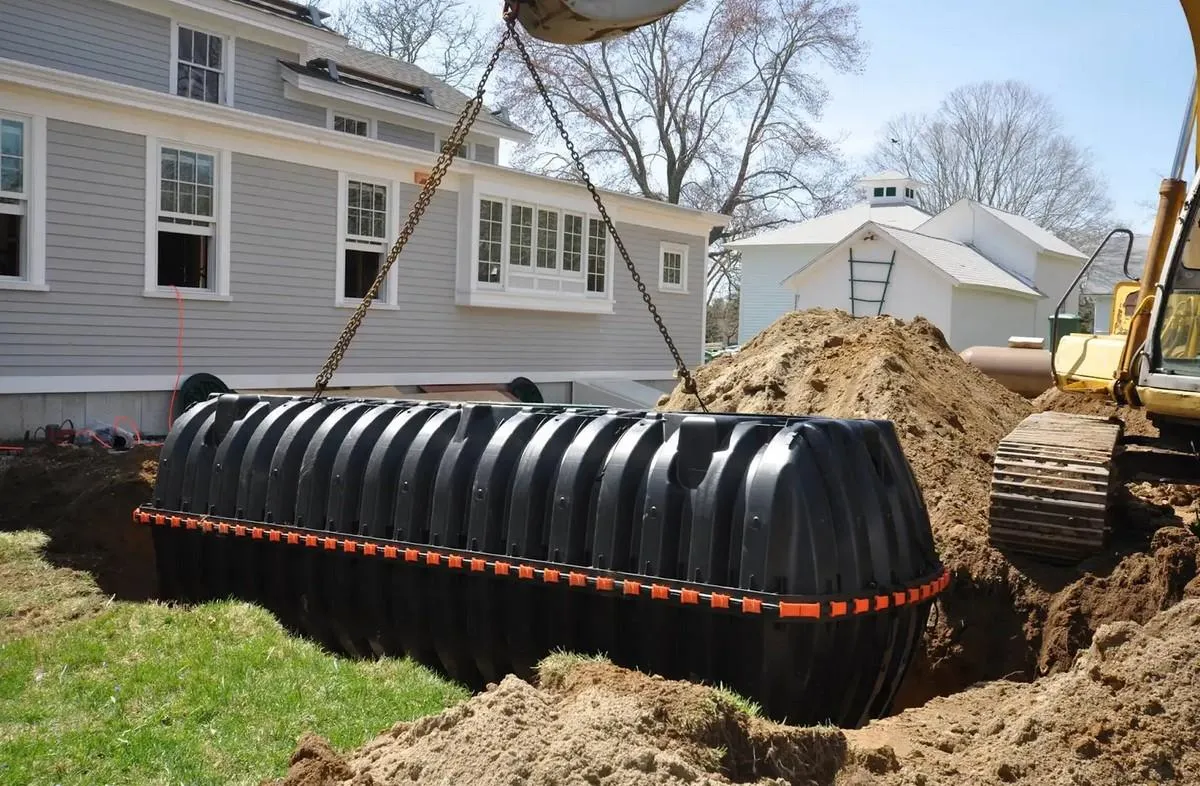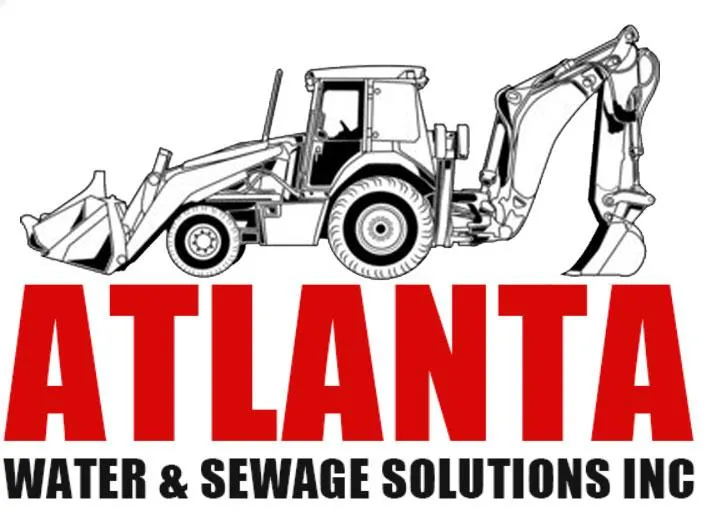
Septic System Problems Near Atlanta, GA? These Are the Warning Signs You Can’t Ignore
1. Is Your Septic System Trying to Tell You Something?
You probably don’t spend much time thinking about your septic system—until something goes wrong. And by then? It’s usually a disaster.
Maybe your drains are slow, your yard is soggy, or—worst case scenario—you’ve got sewage backing up into your home. If that sounds like your current situation, take a deep breath. You’re not alone, and we’re here to help.
At Atlanta Water & Sewage Solutions, Inc., we’ve seen just about everything when it comes to failing septic systems. We serve homeowners across Fulton, Greene, Forsyth, Gwinnett, Walton, Hall, Clarke, and Barrow counties, and we know the unique challenges Georgia’s climate and soil conditions bring to septic tanks.
The good news? Your septic system warns you before total failure happens—you just have to know what to look for. Let’s break down the warning signs you can’t afford to ignore.
2. Slow Drains: The First Sign of Trouble
That sink that drains just a little too slowly? It might not seem like a big deal now, but slow drains are often the first red flag of a septic problem.
What’s Causing It?
A clog in your pipes (the easy fix)
A full septic tank that needs pumping
A failing drain field that can’t handle wastewater anymore
How to Tell If It’s a Big Problem:
Do multiple sinks, tubs, or toilets drain slowly at the same time? That’s a septic issue, not just a clogged pipe.
Does it get worse after rain? This could mean your drain field is waterlogged and failing.
Ignoring slow drains leads to sewage backing up into your home. Don’t let it get that far.
3. Unpleasant Odors: A Smelly Warning You Can’t Ignore
If you’ve noticed the smell of rotten eggs, sewage, or methane in your yard—or worse, inside your house—your septic system is screaming for attention.
What That Smell Means:
Near your drains? The septic tank is too full.
Outside near the drain field? Wastewater isn’t filtering properly.
Everywhere? Your system could be leaking hazardous gases into your home.
Septic odors aren’t just unpleasant—they can be dangerous. Methane buildup can cause health problems if left unchecked.
4. Sewage Backups: When the Problem Becomes an Emergency
Nothing says “call a professional immediately” like raw sewage bubbling up into your home.
Why Does This Happen?
Your septic tank is full and has nowhere to send waste.
Your drain field has failed and can’t absorb wastewater.
Your main sewer line is clogged with grease, roots, or non-flushable items.
How to Prevent This Nightmare:
Pump your septic tank regularly. Waiting too long is a gamble.
Watch what you flush. Grease, wipes, and feminine hygiene products are your septic system’s worst enemies.
Act at the first sign of trouble. Slow drains and odors almost always come before a full backup.
5. Standing Water or Soggy Yard: Your Drain Field is Begging for Help
If parts of your yard are mysteriously swampy, your septic system is struggling.
What Causes It?
Your drain field is oversaturated and can’t absorb water.
Your septic tank is overflowing and leaking waste.
Your pipes have cracks or leaks that are seeping into the soil.
Georgia’s clay-heavy soil doesn’t absorb water well, so drainage issues are common in our area. But if your yard turns into a smelly, wet mess, you need to act fast.
6. Lush, Overgrown Grass: The Hidden Sign of a Failing System
A super-green lawn seems like a win—until you realize it’s your septic system feeding it.
Why This Happens:
Your drain field is leaking nutrients into the soil.
Wastewater is fertilizing your grass, making it thrive unnaturally.
If your grass looks noticeably greener over the septic system than the rest of your yard, your drain field might be in serious trouble.
7. Gurgling Noises: When Your Plumbing Starts Talking Back
Ever heard gurgling from your sink, shower, or toilet? That’s air escaping from clogged or overloaded pipes.
What It Means:
If it happens when you flush, your septic tank might be full.
If it happens randomly, you might have a venting issue or a drain blockage.
It’s an early warning sign of a septic backup—don’t ignore it.
8. High Nitrate Levels in Well Water: A Hidden Health Hazard
If your home uses well water, a failing septic system can contaminate your drinking water with nitrates and bacteria.
How to Detect It:
Test your well water at least once a year for contamination.
Look for signs of cloudy water, a strange taste, or unexplained health issues.
This isn’t just a plumbing issue—it’s a serious health risk that can affect your family’s well-being.
9. When Should You Call a Professional?
Some septic issues are minor. Others are a ticking time bomb.
Call a septic expert if you notice:
✔ Multiple slow drains at once
✔ A strong sewage smell
✔ Any kind of backup into your home
✔ Standing water over your drain field
✔ Frequent gurgling sounds from your plumbing
DIY fixes won’t solve most septic issues—and waiting too long can turn a $300 pump into a $10,000 system replacement.
10. Preventative Measures: How to Avoid Septic Nightmares
Want to keep your septic system in top shape? Follow these pro tips:
✅ Pump your tank every 3-5 years (or sooner if you have a big household).
✅ Never flush wipes, grease, or chemicals—they destroy your system.
✅ Divert rainwater away from your drain field to prevent oversaturation.
✅ Use septic-safe toilet paper to avoid clogs.
✅ Get annual inspections to catch problems early.
11. Listen to Your Septic System Before It’s Too Late
Your septic system works hard—but when it starts giving you warning signs, listen.
Ignoring small issues leads to major headaches, expensive repairs, and health risks. A little maintenance now saves you thousands down the road.
If you’re seeing any of these warning signs, Atlanta Water & Sewage Solutions, Inc. is here to help. We’re not a massive company—we’re a team of local experts who care about protecting your home and family.
Need help with your septic system near Atlanta? Call us today before a small problem turns into a major one.

